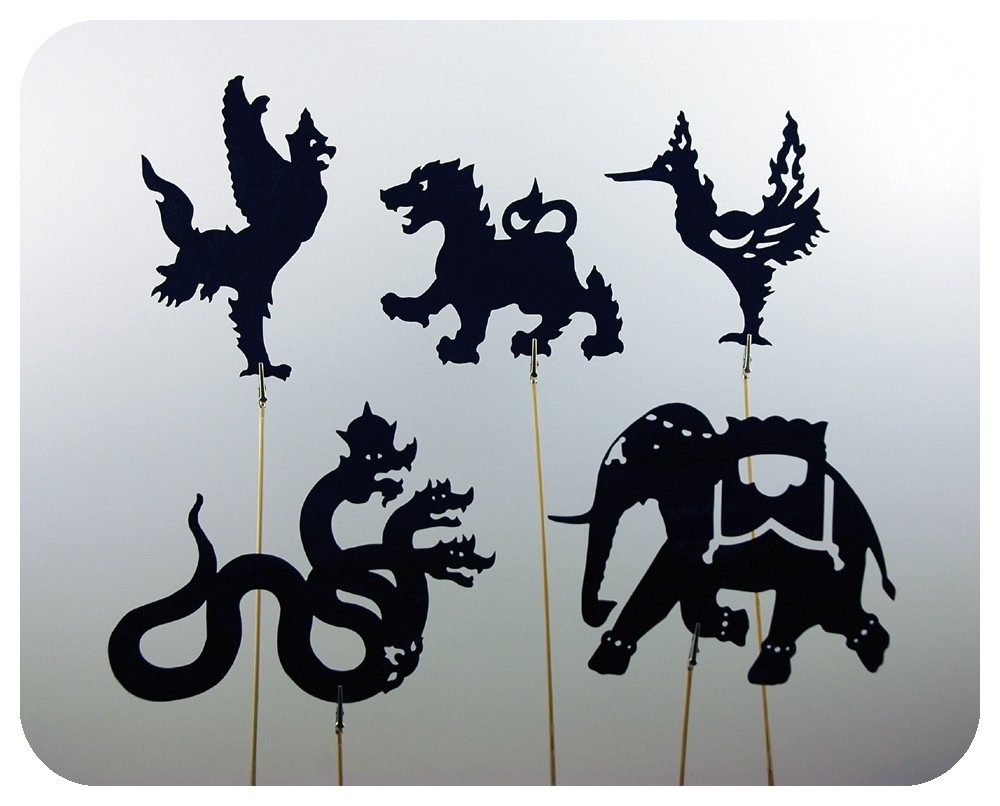
The discussion about language and identity was very interesting last week. As we could see, language and culture cannot be separated, but on the other hand, maybe more than one culture can be attached to a language. As cultures mix together, new identities come out in us.
This week, we will read a case study about Hmong people in Chiang Mai. We will study about the effects of culture and identity for a small group of people who live together within the larger majority Thai culture.
I think we are all proud of our culture and we all want to keep it, protect it, and preserve it. This is why we get annoyed with teenagers who seem to disrespect it or lose interest in it, or why we worry about new technologies and developments that replace old cultural customs. Ethnic minorities such as the Hmong also have a rich and strong cultural tradition, and like anyone else, there is a feeling of pride and history in their identity, yet it is also challenged by the pressures of majority culture: the need to modernize and participate in the larger society and in globalization.
How does one balance their own cultural identity with the attractions of other cultural identities? Is cultural change a negative thing? Or, is it just a natural part of history and life: the future is more important than the past... what do you think?
P.S.: This is the last topic for us to study before we shift to the panel discussions, so this may be the last blog... unless we are interested to continue. I just want to say thank you for your participation and knowledge. You are very impressive for me. Some people have heard the rumour that I will move to Phitsanulok to work at NU, so I just want to confirm it. I will be moving after the semester. In fact, I'm very sad to leave MFU, but on the other hand, I am so thankful that I had the chance to meet you all this semester. It has been my happiest semester ever, and you have given me so much. You are a very special group of students and I hope to follow your futures. I am me because of you.
Let's keep this great flow of ideas for the last few weeks of the semester. Aj. M
"Be the change you want to see in the world." Mahatma Gandhi
 You are amazing.
You are amazing.



